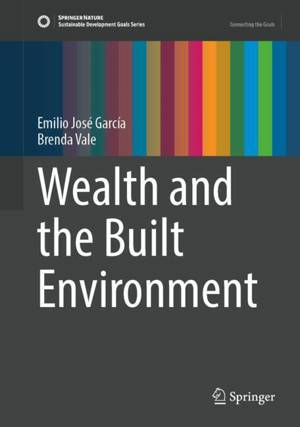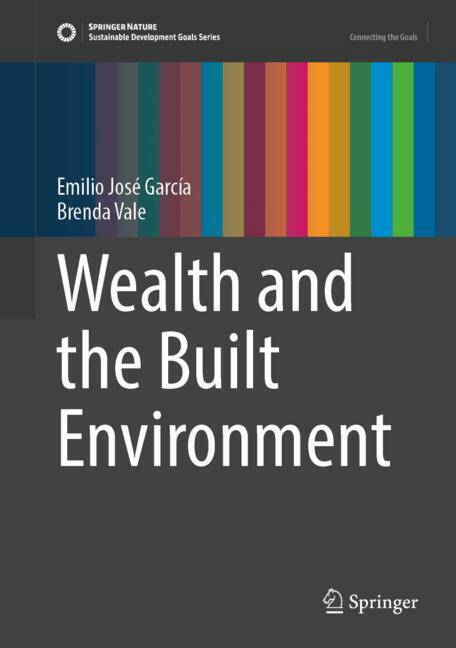
- Retrait gratuit dans votre magasin Club
- 7.000.000 titres dans notre catalogue
- Payer en toute sécurité
- Toujours un magasin près de chez vous
- Retrait gratuit dans votre magasin Club
- 7.000.0000 titres dans notre catalogue
- Payer en toute sécurité
- Toujours un magasin près de chez vous
Description
The need to address global environmental problems is urgent. The United Nations 17 Sustainable Development Goals (SDGs) cover a wide range of global concerns, from poverty, hunger, and gender equity to justice and climate action. Concerningly, the SDGs still have faith in economic growth and technological innovation as the means of fixing all global concerns, including climate change. What is not questioned is whether solving development and sustainability problems through economic growth for the accumulation of wealth for the few has led to many of the current unequal development and environmental problems. If unfair growth and wealth accumulation have been part of the problem, how can they be part of the solution? The problem with the SDGs is that their fulfilment relies on wealth creation without the fundamental concomitant of wealth redistribution. The one common driver of change affecting both sustainability and development that has not been included in the SDGs is wealth, the central focus of this book. SDG 11 - sustainable cities and communities - presents a further paradox unless the issue of wealth and its fair distribution is grasped. Cities are the places where wealth is generated but are also places where only a minority are wealthy. The wealth generated in cities leads to higher consumption of resources, higher emissions, and higher disparities and inequalities. However, any version of a sustainable future will happen in the built environment made according to current ideals, like the present belief in overcoming all humanity's problems by becoming wealthier. A fundamental assumption of this book is that the first step toward a fairer habitat that can maintained with the resources available is only possible if we stop designing cities and buildings as if everyone were wealthy or had to become wealthy. To achieve this goal, it is essential to identify and raise awareness of the impact of wealth, to question how the myths about the advantages of wealth were built, where they come from, what shape they take in the built environment and who benefits from them.
Spécifications
Parties prenantes
- Auteur(s) :
- Editeur:
Contenu
- Nombre de pages :
- 253
- Langue:
- Anglais
- Collection :
Caractéristiques
- EAN:
- 9783031819537
- Date de parution :
- 27-04-25
- Format:
- Livre relié
- Format numérique:
- Genaaid
- Dimensions :
- 175 mm x 15 mm
- Poids :
- 725 g

Les avis
Nous publions uniquement les avis qui respectent les conditions requises. Consultez nos conditions pour les avis.






